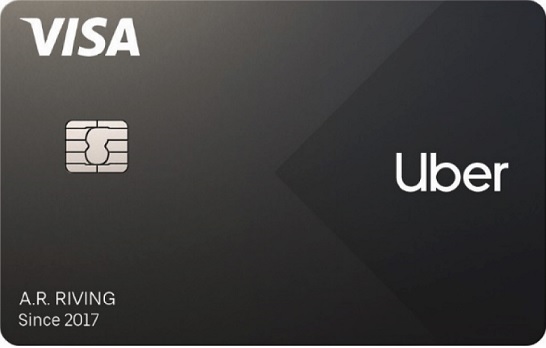Uber’s IPO a little over two years ago was a disappointment, and shares gradually slid by about a third before nearly recovering to its IPO price before the pandemic. Ignore its 50% pandemic drop and subsequent recovery (it even rose as part of re-opening euphoria this spring). It’s back to roughly its IPO level.
While Uber was a company consuming a great deal of cash, going to the stock market wasn’t a way of raising money for the business as much as a way for insiders to cash out. If there’s one thing that should’ve been a giveaway that the company was no longer the disrupter across industries that it once was, two years before its IPO it appointed the former head of Expedia as its CEO.
Uber has scaled back its ambitions along several dimensions. It sold its Southeast Asia business to Grab, and its China business to Didi. It tried helicopter service, and temp worker services, though neither lasted long. The long-term vision was supposed to be replacing drivers with autonomous vehicles, but it’s even sold off its self-driving car unit.
And instead of being an innovator they now use government regulators to quash competition in the way that they ounce fought against when they were on the receiving end from the taxi industry.
Perhaps just as consequential as exiting self-driving cars is the discontinuation of the Barclays Uber Visa which goes away October 22, 2021, with cardmembers being product-changed to the Barclays View card, the product that former Apple Rewards customers get. It’s not currently known whether Uber will launch with a new co-brand card partner.
The Uber Visa largely was left to die on the vine.
- Even as an Uber Diamond member I never received card solicitations.
- They never tried acquiring customers in-app, during a ride – when they’d reach their most likely customers while the product was top of mind.
- The card didn’t even integrate with Uber… using it provided no Uber benefits (while American Express offered cards that gave Uber VIP). Spending on the card couldn’t improve ones’ elite level in Uber Rewards

Indeed, Uber Rewards itself was consistently devalued, with top tier Diamond members no longer even entitled to surprise-and-delight upgrades and Platinum members no longer entitled to price protection from surges on a single route of choice.
The Uber Visa was launched in fall 2017 and re-launched two years later. It shifted from a cash back card to earning Uber credits.
This was important because it was supposed to be the centerpiece of Uber’s strategy to build its own currency, Uber credits, which would become ubiquitous as a payment system not just for Uber products but outside of the Uber ecosystem. The primary way these credits would be generated would be through the co-brand credit card, and they’d hopefully become spendable everywhere at retail.
Just as the refresh was reaching the finish line, Uber laid off a large portion of its marketing staff, including people responsible for the card. And a few months into the pandemic the card was pulled as an option for new customers. That was the end, at least for awhile, of the experiment in development Uber as a currency not just a ridesharing and food delivery platform.
And now existing Uber card customers wont’ be Uber card customers anymore, which is more than just a switch in card provider – even if we see a relaunch of an Uber card with a new bank partner at one point they aren’t even buying the Barclays back book as a base of customers to launch from.


Uber and lyft have become horrible offensive companies when it comes to customer service
The drivers are fine typically
It’s the companies themselves that make teaching them near impossible
Since their prices doubled and tripled recently I started taking taxis again cheaper and right there waiting when I get off my flight
Let’s just set aside the whole dumpster fire debacle that was its former CEO and founder…the company that was once seen as a innovative disrupter is now relegated to the history of what happens when evil corporate greed takes hold. It’s really unfortunate what Uber (and Lyft, to a lesser degree) has become. Personally I don’t trust them with anything from data retention to competent customer service, except for simple transportation services. Perhaps that’s what they should have just stuck with all along…?
As our President would say- Who is Uber?
Doesn’t matter to me. I have never and will never use Uber or Lyft. If I need a ride home from the airport, or from somewhere to somewhere else, I’ll call a REAL taxicab.